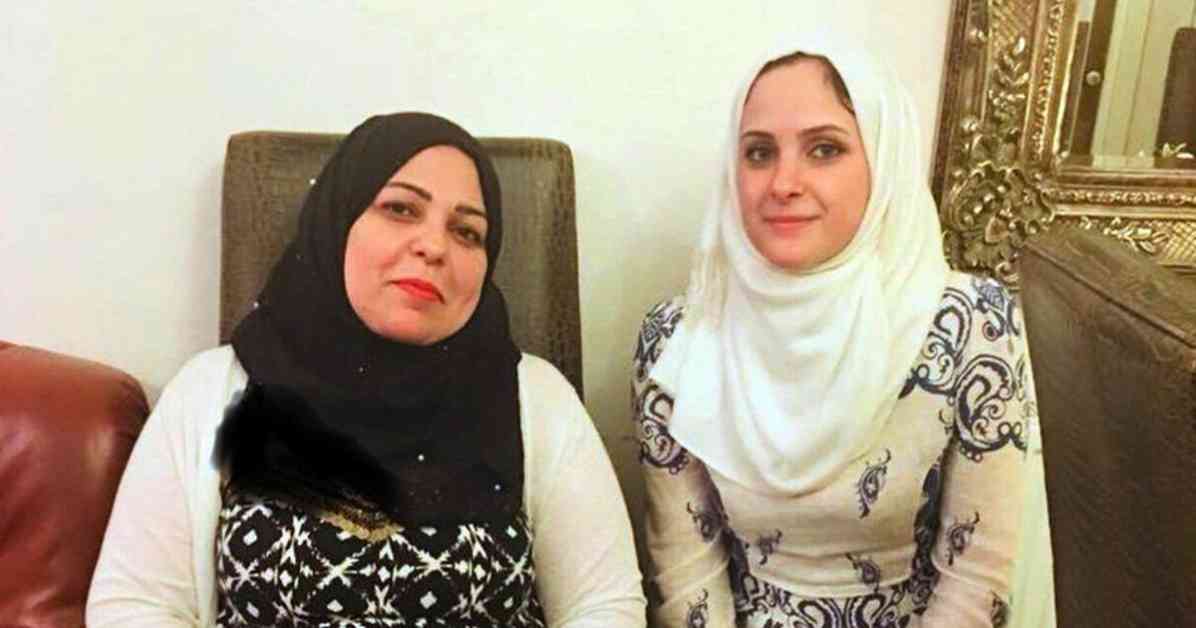Following the tragic murder of Raneem Oudeh and her mother, Khaola Saleem, a new initiative called “Raneem’s Law” has been introduced to improve domestic abuse response in the West Midlands. Raneem, 22, was fatally stabbed by her ex-partner, Janbaz Tarin, after discovering he had a secret family in Afghanistan. Despite calling 999 for help multiple times, Raneem and her mother were brutally murdered outside their home in Solihull.
The introduction of Raneem’s Law aims to embed domestic abuse specialists in police control rooms to provide expert advice, specialist support, and identify missed opportunities to safeguard victims. This initiative comes after a coroner attributed ‘multiple failings’ in the case to the police, prompting apologies from Assistant Chief Constable Andy Hill.
Victims’ Campaign Leads to Groundbreaking Changes
In response to a heartfelt campaign by the victims’ relatives, West Midlands Police and four other forces are set to trial the use of domestic abuse specialists in their control rooms. The specialists from Birmingham & Solihull Women’s Aid and Coventry Haven Women’s Aid will work closely with officers to ensure that calls for help are properly assessed, managed, and responded to.
Nour Norris, Khaola’s sister and Raneem’s aunt, expressed the significance of this moment, stating, “Raneem called for help, and today, the system finally answered.” She emphasized the importance of Raneem’s Law in providing victims with the support and protection they need to rebuild their lives after surviving domestic abuse.
Experts in Control Rooms Enhance Victim Support
The specialists embedded in the control rooms will play a crucial role in the domestic abuse response process. They will provide advice to officers on the ground, review incoming cases and risk assessments, listen in to live calls to offer feedback, conduct training sessions for control room staff, refer victims to support services, and ensure that decisions made by call handlers are thoroughly reviewed to safeguard victims.
Home Secretary Yvette Cooper highlighted the urgent need for a comprehensive overhaul of the police emergency response to domestic abuse. By embedding specialism and expertise into 999 control rooms, victims can receive the expert support they deserve from the moment they reach out for help.
In collaboration with the government and police forces across the country, Raneem’s Law aims to change the future for victims of domestic abuse and prevent further tragedies like the deaths of Raneem and Khaola. The ultimate goal is to halve violence against women and girls within a decade, ensuring that every victim receives the protection and support they need.
Supt Jack Hadley of West Midlands Police emphasized the importance of protecting vulnerable individuals and ensuring they are heard and supported. By having experts in control rooms from the beginning of a call, the police can provide the right level of response to victims in their time of need, reducing risks and enhancing victim safety.
As we move forward with initiatives like Raneem’s Law, it is crucial to remember the individuals behind every domestic abuse call—the daughters, mothers, sisters, and friends who deserve to live free from fear and harm. Through collaborative efforts and specialized support, we can work towards a future where all victims of domestic abuse receive the protection and care they deserve.



























